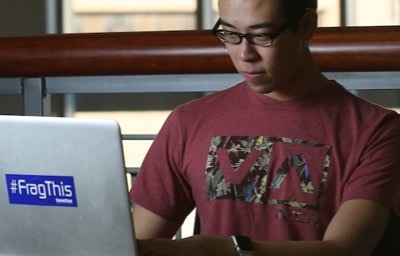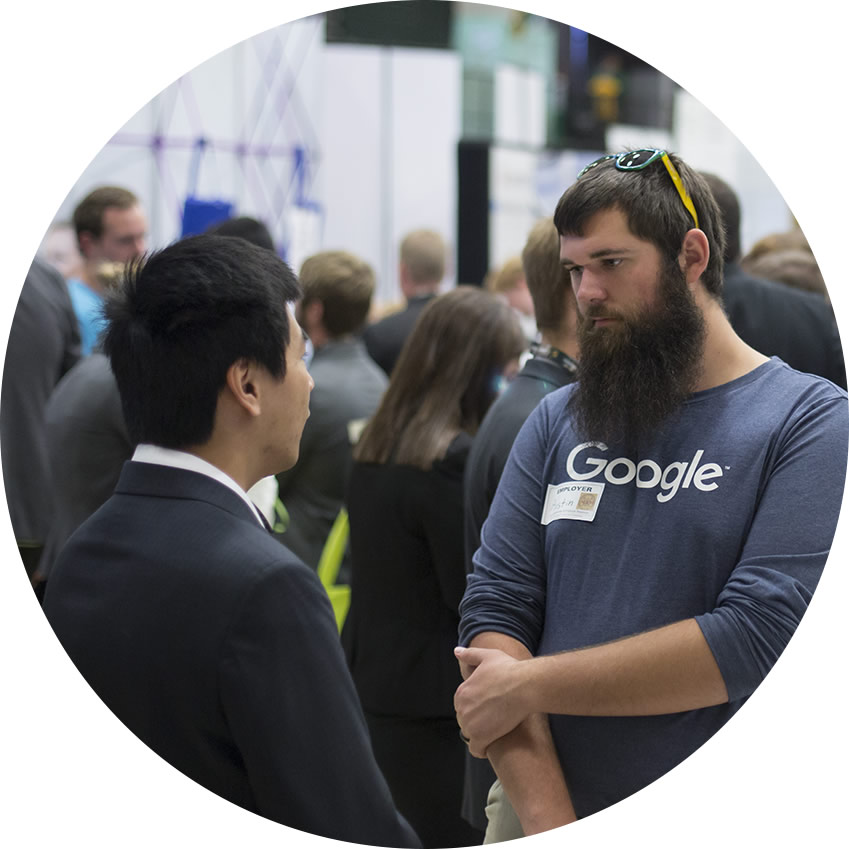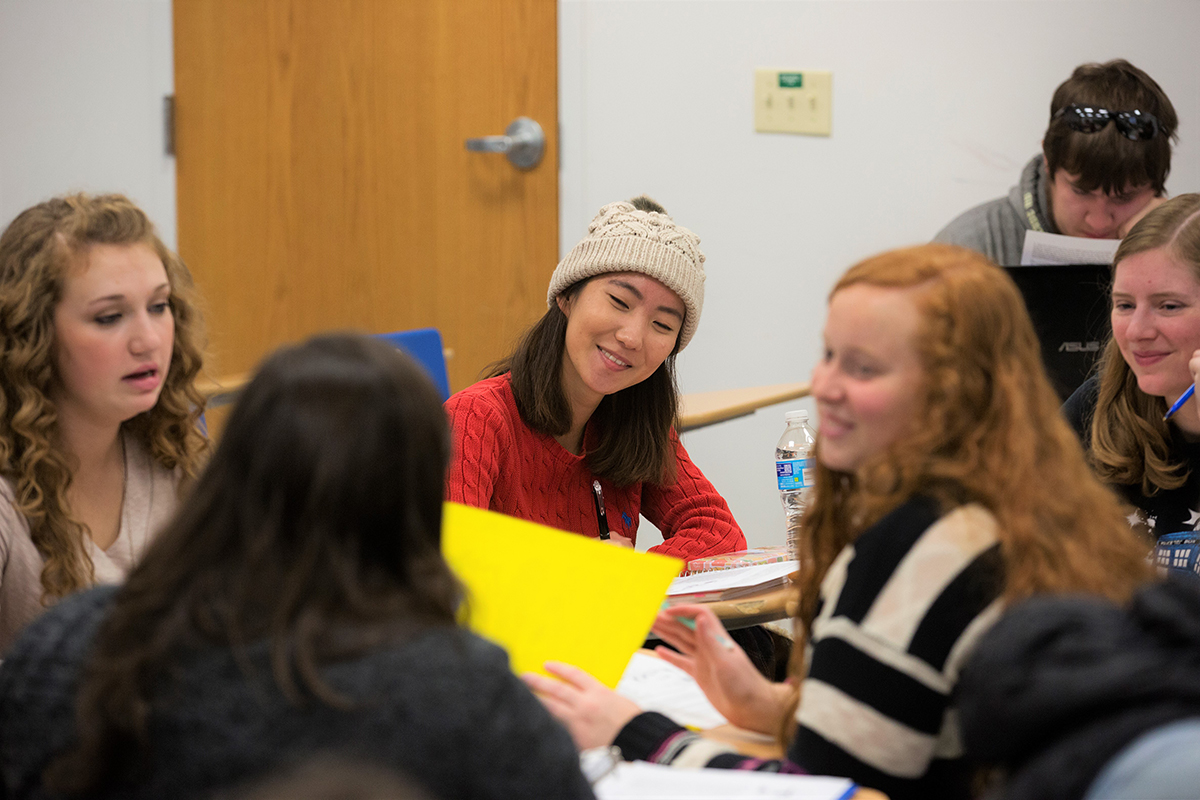Earn your Bachelor's of Science in Computer Science
As an undergraduate student, you will take traditional computer science courses in programming, languages, algorithms, data structures, databases, object-oriented design, architecture, and operating systems.
The undergraduate program prepares you to be a problem-solver and innovator that will be able to analyze a problem and propose a computing solution. You will learn not only the technical skills, but also develop abilities to communicate, work with teams of people, and make informed judgments about your computing solutions with respect to societal, legal, and ethical principles.

Apply Today
Start your education at Missouri S&T and earn a degree that employers value.
Grad Track Program
The GTP in Computer science was designed to help our CS undergraduates accelerate through a masters degree, which improves your prospects at a rewarding job in any field, including: industry, national labs, or academia.
Learn more
Your Career in Computer Science

$80,236
Average starting salary
for undergraduate students as of 2023
From the operating software we use on a daily basis to the security of our critical infrastructures, computer scientists develop ways to solve problems, process information, and secure our future. Computer programmers harness the technology of our world, making computers continually innovative and limitlessly functional in a wide variety of engineered, medical, and social contexts.
Computer Science is the development of algorithms to solve real-world problems in a mechanized way. Computer scientists write programs to control computer systems, engineered systems, and work on applications that use computers. They work in cyber security, networking, distributed systems, databases, and artificial intelligence.
S&T Computer Science graduates work for technological companies, law enforcement, national defense institutions, the financial industry, and computer manufacturing.
Learn more about statistics and job opportunities.
Degree Details
Minors
Missouri S&T offers two Minors related to Computer Science:
- a traditional Computer Science minor which is open to students in outside departments, and
- a multi-disciplinary Bioinformatics minor which is also available for Computer Science majors.
Admissions
To apply for admission to Missouri S&T, choose the selection below that best describes your application status.
Learn more about admissions here.

Can't find what you're looking for?
Check out some undergraduate student resources here.

Follow Computer Science